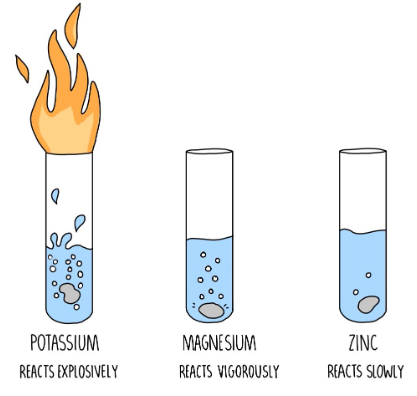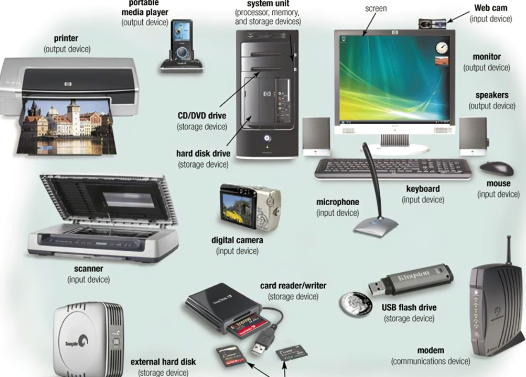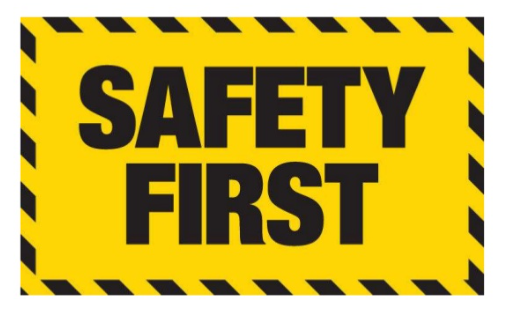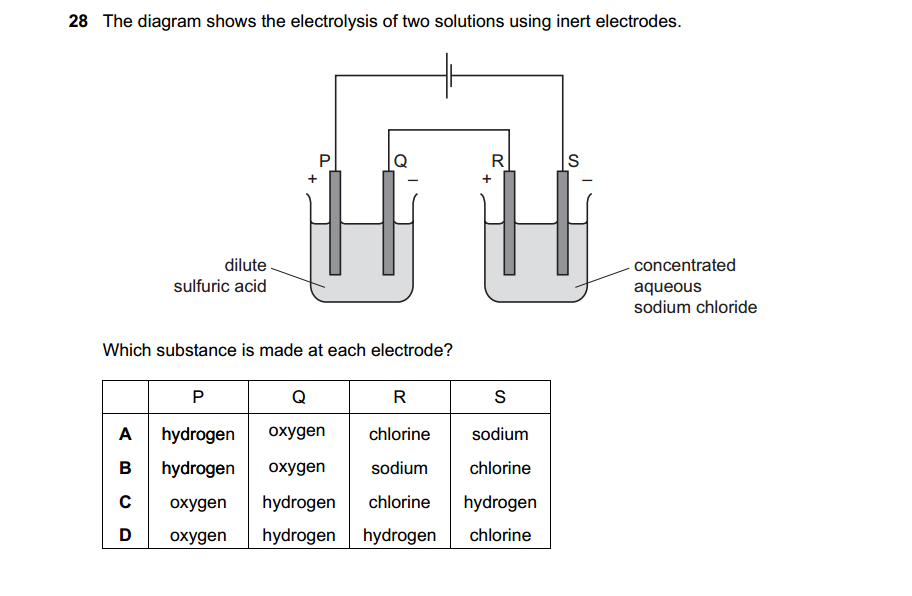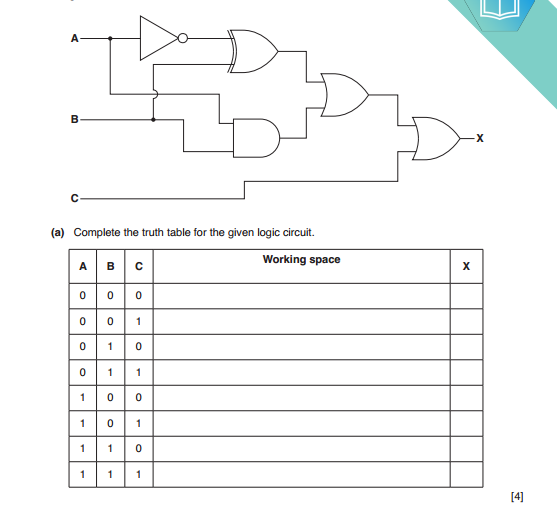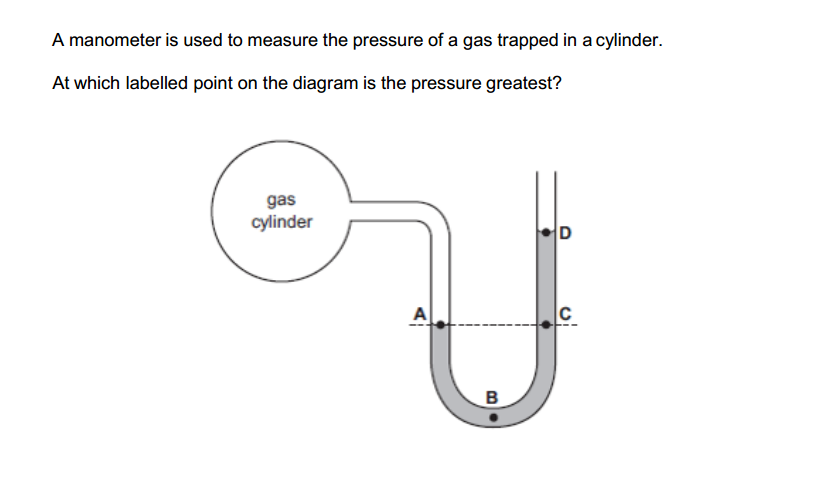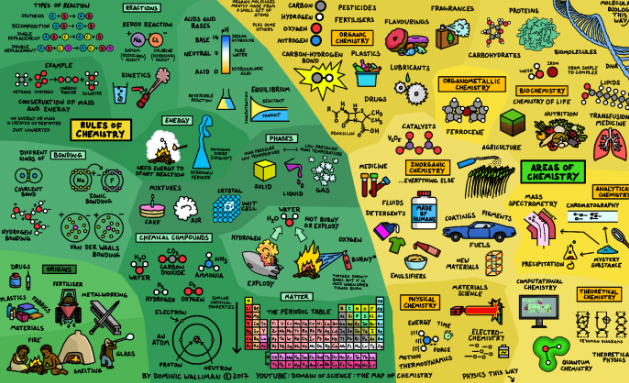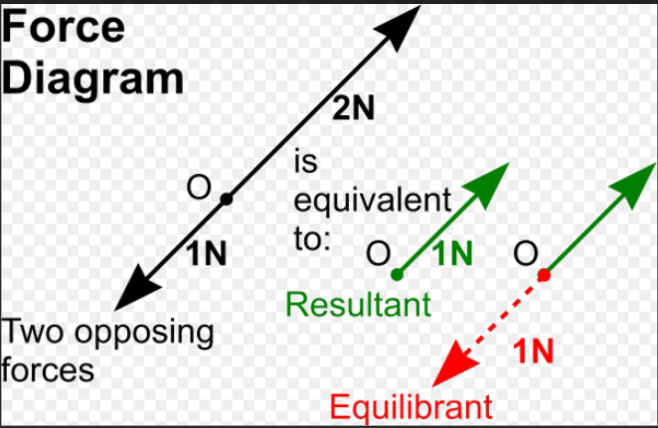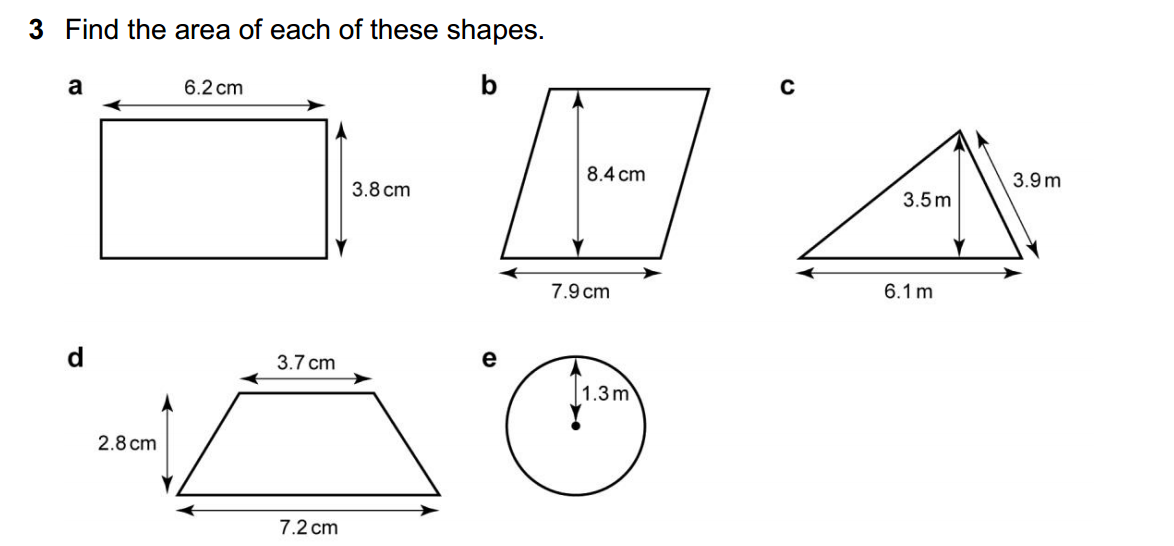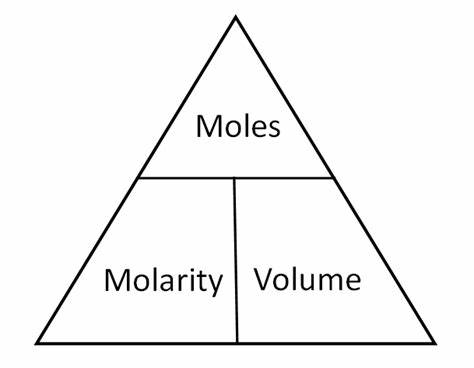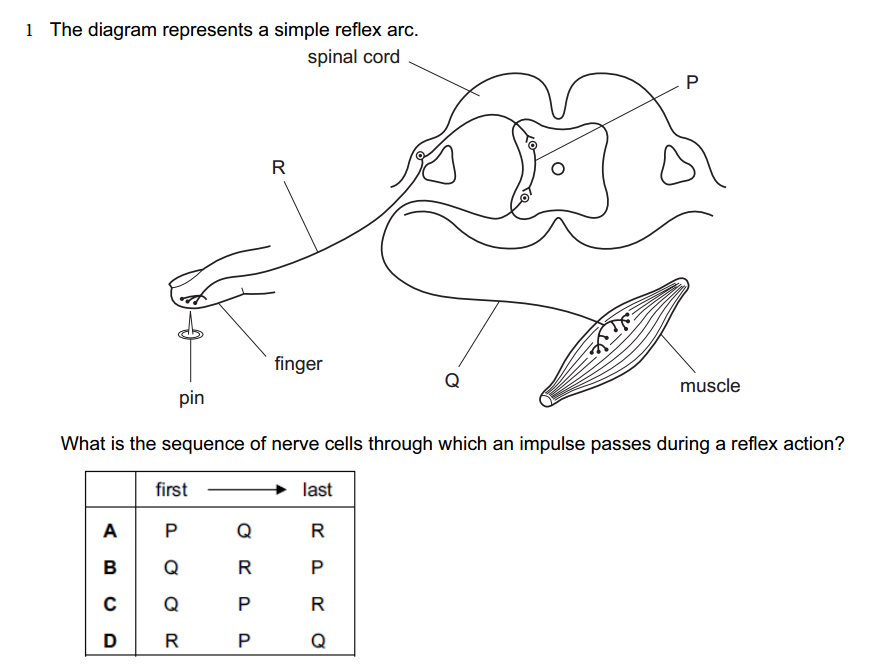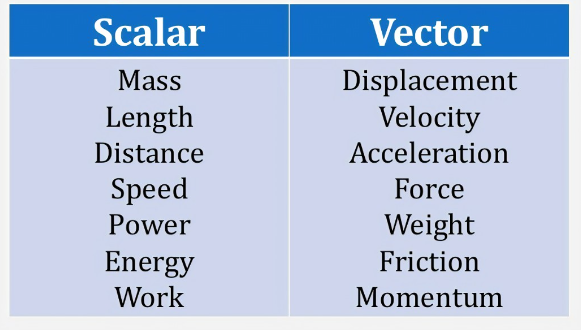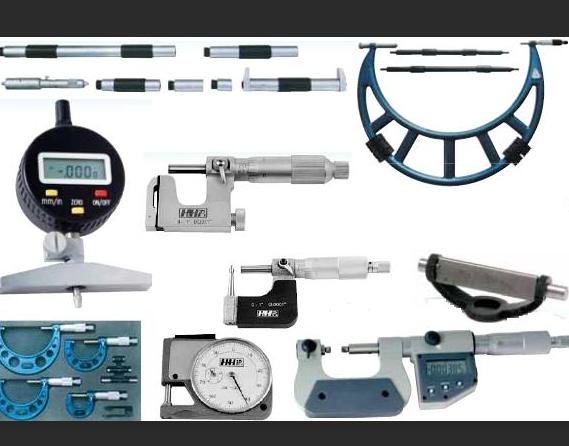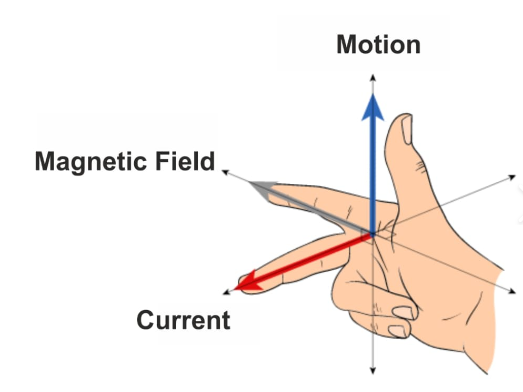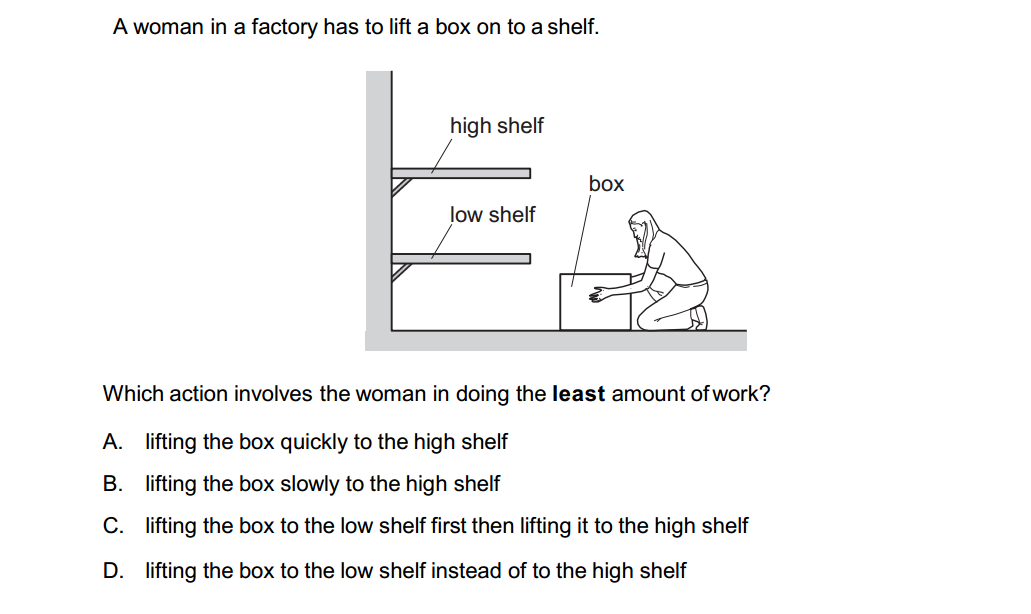Management skills refer to the abilities and competencies that enable individuals to effectively lead, organize, and coordinate resources, tasks, and people in order to achieve organizational goals. These skills are essential for managers and leaders at all levels within an organization. Here are some key management skills:
Leadership: Effective managers possess strong leadership skills. They inspire and motivate their teams, provide clear direction, set goals, and guide employees toward achieving those goals. Leadership involves decision-making, communication, and the ability to influence and inspire others.
Communication: Good communication skills are crucial for managers. They must be able to clearly articulate expectations, provide feedback, listen actively to their employees, and effectively convey information to various stakeholders. Effective communication fosters understanding, collaboration, and a positive work environment.
Decision-making: Managers often face complex and fast-paced decision-making situations. Strong decision-making skills involve gathering relevant information, analyzing options, considering potential outcomes and risks, and making informed choices. Effective managers can weigh alternatives, prioritize tasks, and make decisions that align with organizational goals.
Planning and Organizing: Managers need to have strong planning and organizing skills to effectively allocate resources, set objectives, create action plans, and establish timelines. They must be able to break down larger goals into manageable tasks, delegate responsibilities, and coordinate efforts to achieve desired outcomes.
Problem-solving: Managers encounter various challenges and problems in the workplace. Strong problem-solving skills involve the ability to identify and define problems, gather relevant information, analyze alternatives, and implement effective solutions. Managers should be able to think critically, creatively, and adaptively to address issues that arise.
Team Building and Collaboration: Managers play a crucial role in building and nurturing high-performing teams. They should be able to create a collaborative and inclusive work environment, foster effective communication among team members, promote teamwork, and resolve conflicts constructively. Building strong relationships and fostering a positive team culture contribute to productivity and employee satisfaction.
Time Management: Effective managers are skilled at managing their time and prioritizing tasks. They understand how to allocate time efficiently, set realistic deadlines, and balance competing demands. Good time management enables managers to meet deadlines, stay organized, and effectively allocate resources.
Emotional Intelligence: Emotional intelligence is the ability to recognize and understand emotions in oneself and others. Managers with high emotional intelligence can empathize, communicate effectively, build relationships, and manage conflicts in a constructive manner. Emotional intelligence helps managers create a positive work environment and engage employees effectively.
Adaptability and Flexibility: In a dynamic and evolving business environment, managers need to be adaptable and flexible. They should be open to change, willing to learn new skills, and able to adjust strategies and plans as needed. Adaptability enables managers to navigate uncertainty and lead their teams through transitions successfully.
Ethical and Professional Behavior: Managers must demonstrate ethical conduct and maintain professional standards. They should adhere to organizational policies, act with integrity, and treat employees and stakeholders fairly and respectfully. Ethical and professional behavior fosters trust, credibility, and a positive work culture.
These are some of the key management skills that are important for effective leadership and organizational success. Developing and honing these skills can enhance a manager's ability to lead teams, achieve goals, and drive positive outcomes within an organization.
The questions below can help assess a candidate's ability to lead, communicate, solve problems, manage conflicts, and drive results within a management role. Tailor the questions to the specific requirements and responsibilities of the position you are interviewing for.
- Can you describe a situation where you had to lead a team through a challenging project or task? How did you approach it, and what was the outcome?
- How do you motivate your team members to achieve their goals? Can you provide an example of a time when you successfully motivated your team?
- Describe your approach to decision-making. How do you gather information, analyze options, and make informed decisions?
- Can you provide an example of a time when you effectively resolved a conflict within your team or between team members?
- How do you ensure effective communication within your team? How do you adapt your communication style to different stakeholders?
- Can you describe a situation where you had to handle a difficult employee? How did you address the issue, and what was the result?
- How do you approach goal setting and planning for your team? How do you ensure that objectives are met and projects are delivered on time?
- How do you promote a positive work culture within your team? What steps do you take to foster collaboration and teamwork?
- Can you provide an example of a time when you had to adapt your management approach to a changing business environment or unexpected circumstances?
- How do you handle performance management? How do you provide feedback and support employee development?
- Describe a situation where you had to make a tough decision with limited information. How did you approach the situation, and what was the result?
- How do you prioritize tasks and manage your time effectively? Can you provide an example of a time when you had to handle multiple priorities simultaneously?
- How do you handle and communicate changes in organizational strategies or policies to your team members? How do you ensure they understand and adapt to these changes?
- Can you describe a time when you successfully delegated tasks and responsibilities to your team members? How did you ensure their success in completing those tasks?
- How do you foster innovation and creativity within your team? Can you provide an example of a time when you encouraged new ideas or initiatives?
Share love with others on
Like this:
Like Loading...
Related












